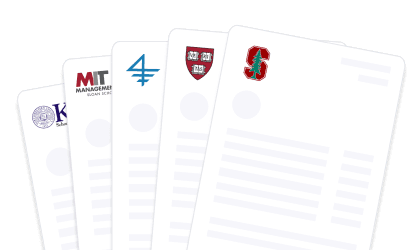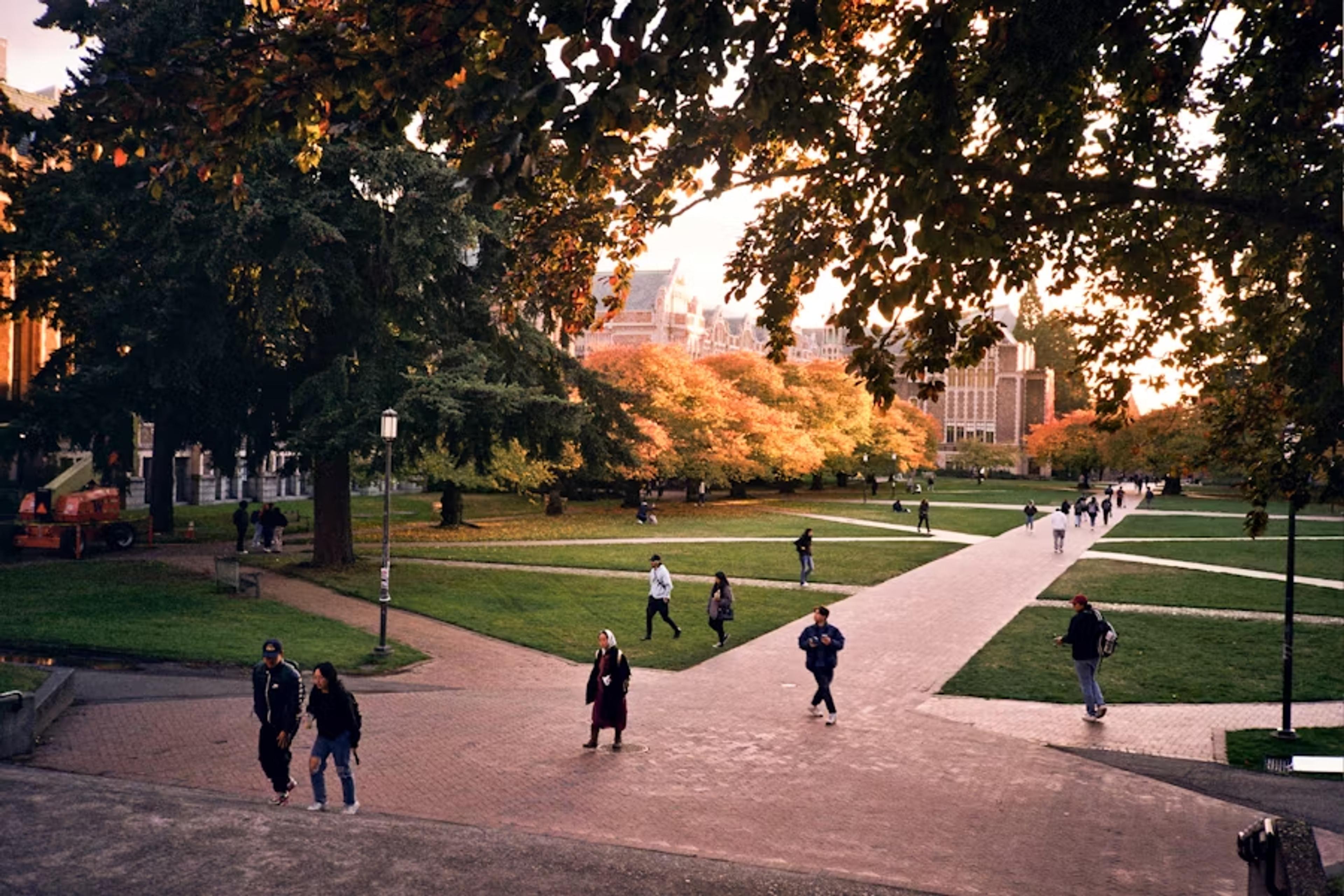Can I Be an Engineer and an Athlete?
With college recruiting comes the frequently asked question: can you major in something difficult while playing an NCAA sport? Read this article to hear our expert's insights.
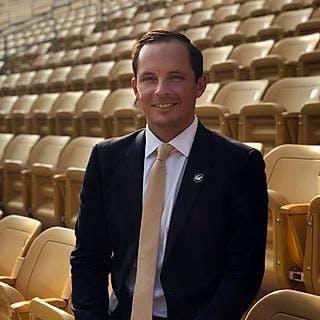
By Joe S.
Expert College Admissions Guide for High School Students
Posted March 6, 2025
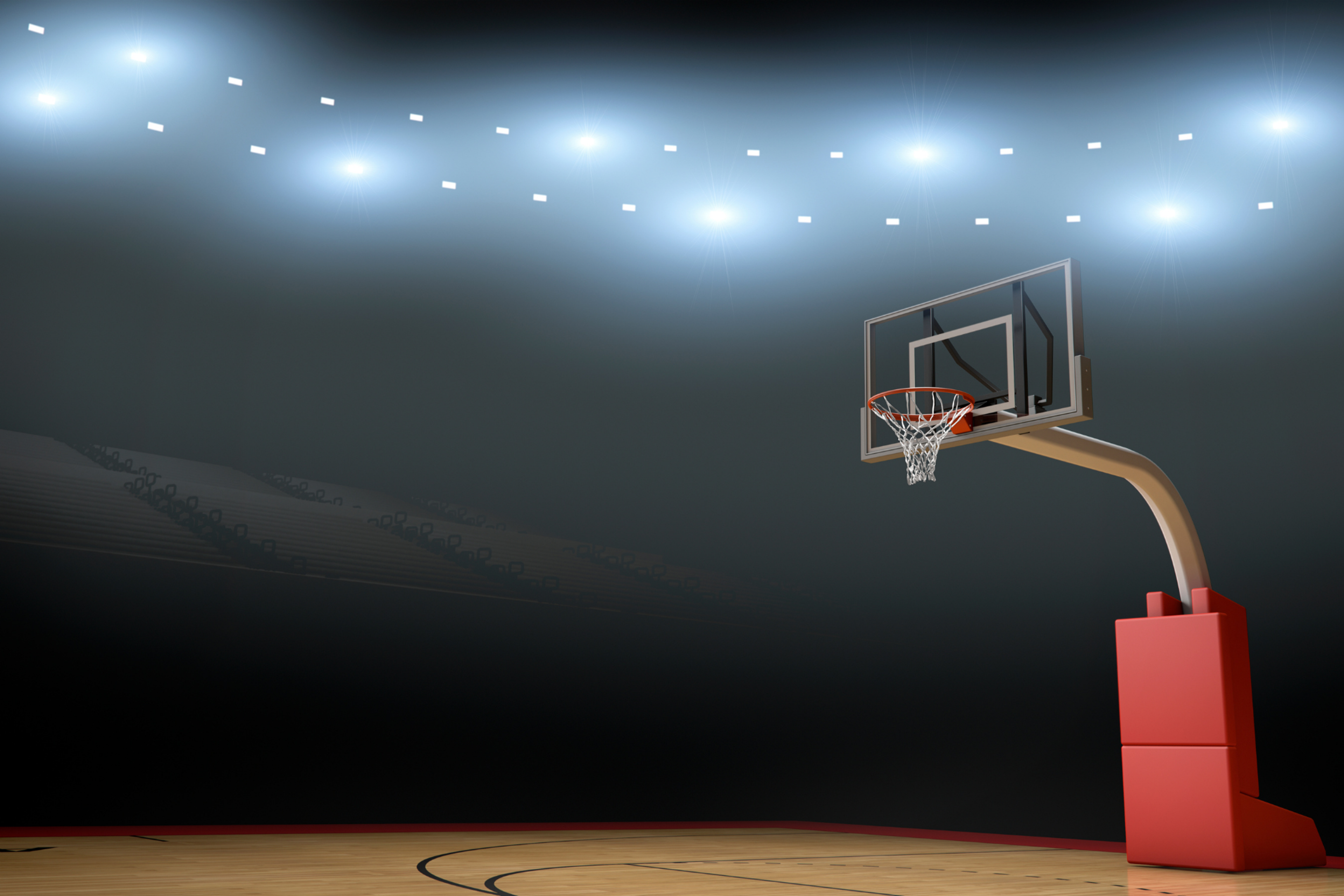
Join a free event
Learn from top coaches and industry experts in live, interactive sessions you can join for free.
A common question that often comes up in the recruiting process is whether it is possible to major in something like Engineering while playing an NCAA sport. The answer is, that while it is absolutely possible, it is extremely difficult.
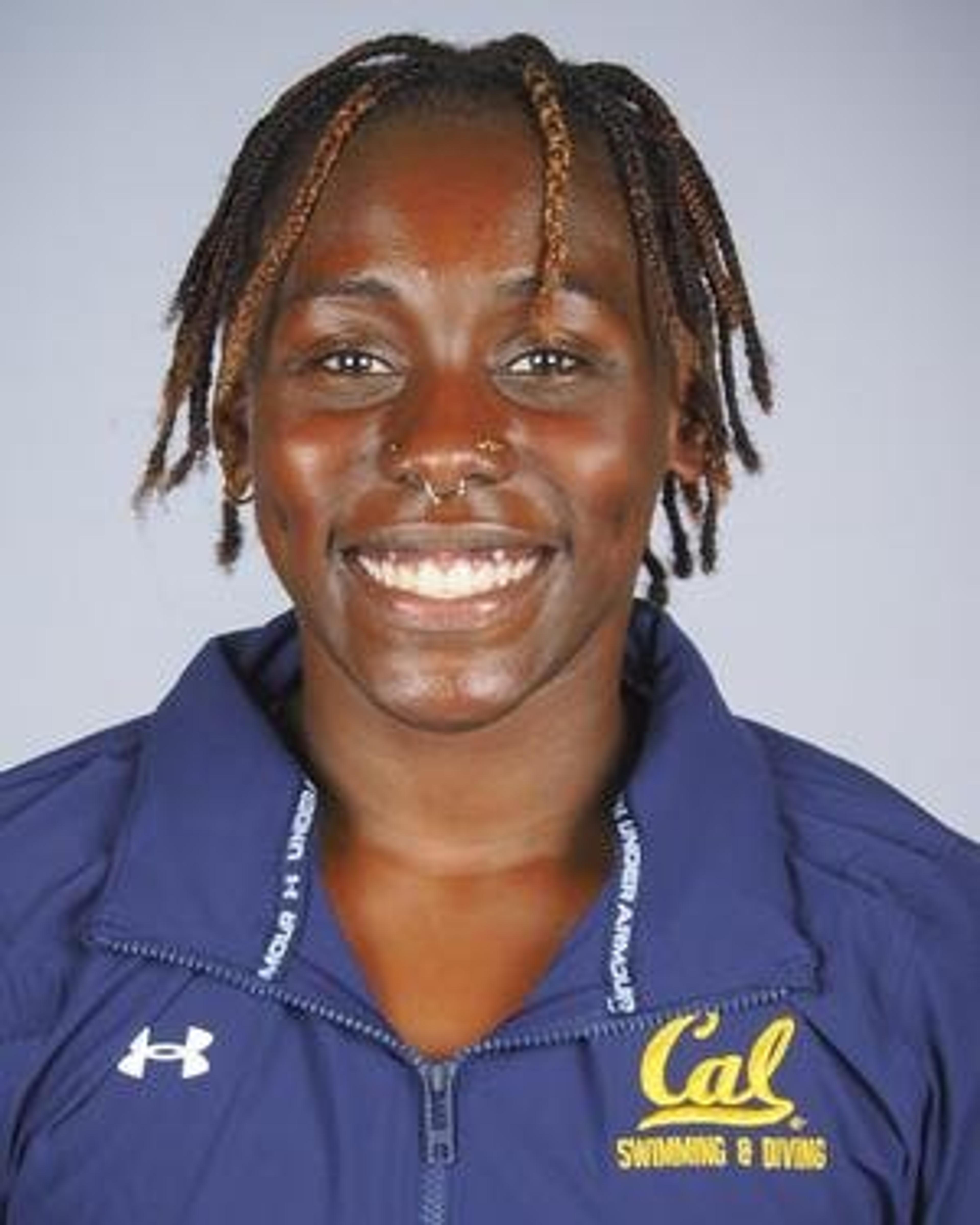
I spoke with someone who is making this happen at the highest level. Stephanie Akakabota is a swimmer at the University of California, Berkeley who is majoring in mechanical engineering. She is competing for one of the highest-ranked swimming programs in the country (4 national championships since 2009), while studying one of the most intensive programs in the legendary UC Berkeley College of Engineering. She is trying to succeed at the pinnacle in each of these respective worlds.
What are the biggest challenges?
1. Scheduling
The life of a Division-1 swimmer and that of a mechanical engineering student have one thing in common: Time commitment. The amount of time required to be successful in both is a far greater challenge than for a normal student.
Stephanie’s weekly schedule, and the way it interacts with her team and coaches, is an engineering marvel of its own. In her sophomore year, she is required to take two classes simultaneously, Linear Algebra and Manufacturing Engineering. These classes are only offered once during the week, and they directly conflict with her team’s practice schedule.
Manufacturing: Monday/Wednesday/Friday at 1pm - 2pm
Linear Algebra: Tuesday/Thursday at 9:30am - 11am
Her team has practice blocks on:
Monday/Wednesday/Friday from 1pm - 3pm
Tuesday/Thursday from 8am - 11am
The challenge for an engineering student is that the classes are only offered in one or two time blocks each semester. Students in another major have the chance to pick from classes at different times. Engineering students are locked into a linear string of required classes only offered in certain windows. They can either take the classes or get left behind.
Practice times become the only logical place to make adjustments, but this requires a big commitment from the coaches, who often need to show up early or stay late in order to accommodate the athletes. Understandably, (because they already work long hours) many are hesitant to do so. And the athlete needs to be able to keep up their performance despite missing significant practice time.
2. Travel
Division 1 sports require a great deal of travel. A typical college baseball travel weekend for a 3-game series has students leaving campus early Thursday morning and returning after midnight on Sunday night. Those days are jam-packed with weight room sessions, batting practice, team meetings, team meals, and 6 hours at the field on the average gameday. Most teams will spend 25-35 days per season on the road.
What happens to those immovable labs and classes that occur while Stephanie is traveling to Arizona, USC, the Pac-12 championships (a 5-day trip), and the NCAA Championships (a 7-day trip)? They continue without her. She has to get ahead of the class before she travels, and then catch up again when she returns. She attends office hours to make up for important lab time and works with the engineering department’s advisors to make sure nothing falls through the cracks.
Division 1 teams cross the country multiple times each year. They leave on Tuesdays and return past midnight on Sundays, and engineering students are still expected to wake up for Linear Algebra on Monday mornings.
3. Academic Infrastructure
Perhaps the most surprising issue that came up with students I interviewed about engineering was that they were forced to do a lot of the work and planning on their own. Most students arrive on campus and receive support from two crucial places, the academic advisors in the department and their older teammates who supply much-needed guidance.
For engineering students, this can be a huge challenge. The academic advising departments don’t have as much experience dealing with the colleges of engineering as they have with the History, Sociology, Business, and Psychology departments. The professors are used to athletes missing class and making the work up on their own time. They have established processes for how to guide and support student-athletes through those majors. Older teammates might be even more important. They pass down textbooks and notes from previous years’ classes. They warn younger students which professors are least accommodating of athletes. Teammates in the same major make sure to take classes together so they can study on the road. They keep each other accountable and support each other through difficult times.
Stephanie is the first woman to ever major in mechanical engineering and swim at Cal. None of her teammates are on her schedule. None of her older teammates have been able to tell her which professors to avoid. There are no old textbooks and notes to pass down.
What does all of this mean?
This does not mean that majoring in the STEM fields and playing top-level NCAA sports is impossible. When I meet with a student-athlete who is interested in both, I ask a few direct questions:
- Do your parents have to wake you up in the morning?
- Do your parents need to remind you to do your homework?
- Do you voluntarily attend practice early and stay late with coaches to get in extra work?
The main differences between high school and college are that everything is harder (the work, the sports, the time commitment, the social pressures), and everything is on you. Engineering students repeatedly told me the hardest part of their experience is how easy it is to just skip a class, miss an assignment, skim over the reading, or fall asleep while attending virtually. Each occurrence didn’t seem like a big deal, but as they accumulate over time and your schedule is so tightly wound, things can quickly spiral out of control.
The attribute that makes Stephanie successful is a tremendous amount of self-discipline. Everything is scheduled. She doesn’t have the luxury of sleeping in or staying up late. She can’t attend marathon study sessions where students do more socializing than work. She has to make a certain amount of progress every day on her engineering work as well as her swimming. She can’t afford to fall behind on either. And more than that, she has to get ahead of the class in engineering because she knows that there is a 3-week period in March when she will be competing for a Pac-12 and National Championship and will be on the road for roughly 14 out of 21 days.
If an athlete isn’t able to answer those three questions affirmatively, they need to take a long, hard look at themselves and ask whether they are cut out for the engineering/athletics life. There won’t be any parents there to wake them up in the morning. Professors won’t track them down to make sure they’re getting their assignments done. Coaches will just find someone without such a demanding schedule to replace them. All of this difficulty makes the idea of fit all the more important.
The first thing that a student needs is an understanding of themselves. If they chose both engineering and athletics in college, the time requirement for each means that there will inevitably be sacrifices. An athlete who has the talent to be the star of the team might have to settle for being a role player. An engineer who would have received a promising internship or job placement won’t be able to take it because it conflicts with game schedules. The truth is that there will be sacrifices 100% of the time, and the student must be okay with that.
But, there is another type of school out there that offers an alternative, the Division-3 polytechnic university. These are schools like:
- Rensselaer Polytechnic Institute
- Colorado School of Mines
- Rochester Institute of Technology
- Rose Hulman Institute of Technology
Academically, these schools are first-rate. They are as rigorous, difficult, developmental, and financially lucrative as any school in the nation, with three crucial differences.
- Academics are the clear priority. The constant battle Stephanie is fighting at Cal between swimming and engineering does not exist at these schools. Academics win. Coaches work around class schedules. Students don’t miss class for practice. The choice is made for them.
- There is far less travel: The level of play in Division 3 is still very high, but the time on the road is far less. Conferences are regionally concentrated, so teams ride buses instead of planes. They rarely stay overnight in hotels, and almost never miss a day of class for a road game.
- Everyone on the team is in STEM.
This third point can’t be overstated enough. The biggest problem Stephanie and the others face is that they are pioneers. They don’t have institutional support from the department advisors in the same way because they aren’t used to dealing with engineering students. Older teammates can’t guide them to the best teachers. Nobody is passing down historical knowledge and advice. They don’t have a cohort of teammates to study and sympathize with.

I spoke with Dali Alarian, a recent graduate of the Rensselaer Polytechnic Institute and a player in the women’s soccer program. She has an important-sounding job with a biotechnology company in Southern California. Her college experience was far different from Stephanie's.
“There were only 3 non-engineering majors on the team, they were in business. My freshman class had 10 athletes and 5 of us were in Biomedical Engineering. I never bought a textbook in my entire career. Every single one was passed down from a teammate.”
“Each semester the older biomedical engineering athletes would tell us which professors to take. We had priority registration, so all the athletes would take the same section with the best professor. We would study together every day, at home or on the road. It was an amazing experience.”
“Can I play my sport in college and do a difficult STEM major like engineering?” In the end, the answer to this question is yes. There are thousands of athletes doing it across the nation every year. But students need to go into it with their eyes wide open. They need to take the search process very seriously. When building their list, they really need to consider questions like:
- What percentage of athletes on the team are in my specific major?
- How many older athletes in that major will still be there to pass down knowledge and resources?
- Does the athletics department have experience advising athletes in my major?
- Does the coaching staff seem excited about my decision to major in this field?
- Am I willing to sacrifice my performance in my sport to do this major?
If the answer to those questions is yes, then that’s probably a good option and has a high likelihood of success. If the answer is no, then students really need to look at themselves and consider whether they are disciplined enough to go at it alone.
Stephanie, and many others like her, are walking proof that it can be done. She is succeeding in the classroom and in the pool at the highest levels, and she will be the first person to admit that she’s not some sort of superhuman. But, she does have a superpower, self-discipline.
--
To work with me on strategizing your approach to college recruiting and/or admissions, message me on my coach profile! I'd love to help you reach your goals.

Written by Joe
0.0
(0)
I provide private, one-on-one college advising for high school students who are looking to enroll in universities. I guide you through this important and complex process from start to finish. Each applicant is provided a custom admissions roadmap tailored to match students with the right college. My goal is to take the pressure off families and to introduce new and innovative choices that provide applicants with the experience they want while setting them up for a bright future.
Joe has helped clients get into organizations like:















